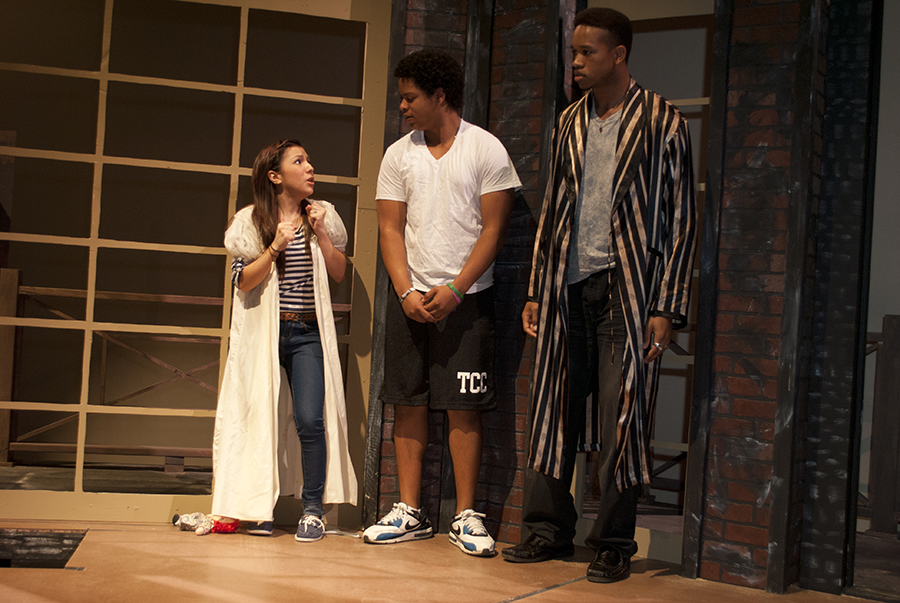By Melissa Smith/reporter
SE students, faculty and administrators received a wallet-friendly free lunch during a presentation by Ornella Grosz at the Love Your Money luncheon Feb. 14.
“The human brain is hard-wired for survival. Envisioning long-term financial security doesn’t come naturally to anyone,” she said.
Grosz, the author of a financial literacy book, is a retirement planner in Georgia. In the luncheon address, she focused on the necessity of becoming financially educated and the long-term implications of failing to do so.
Long-term financial planning is counterintuitive to human short-term survival mechanisms, Grosz said.
She cited “unconscious spending” and a cultural preoccupation with consumption as major obstacles to personal long-term financial security.
Lack of discipline, Grosz said, is another primary reason college students don’t save for long-term financial needs, such as retirement.
In addition, college students value money earned differently than they value money received by other means, such as through scholarships or student loans. Grosz offered solutions to these obstacles.
Keeping track of the reasons for spending money, in addition to tracking the amount of money spent, is one way students can “discover what [their] financial habits are,” she said.
“Great savers don’t value money differently,” she said. “It’s about how we mentally account for the money. You are the one that changes the value of a dollar.”
Other ways to “get rid of [the need for] discipline” include leveraging compounding interest, taking advantage of automation and setting up bank accounts with specific purposes, she said.
But learning to resist the pursuit of the instinctual and culturally prized instant — rather than deferred — gratification is what resonated with attendees.
SE student Alexandria Brown said she attended Grosz’s speech for financial aid purposes. But after hearing the presentation, Brown said she realized that long-term financial planning is not “about what we can get right now.”
“It gave me the information I needed to start saving and deal with bills,” she said.



























